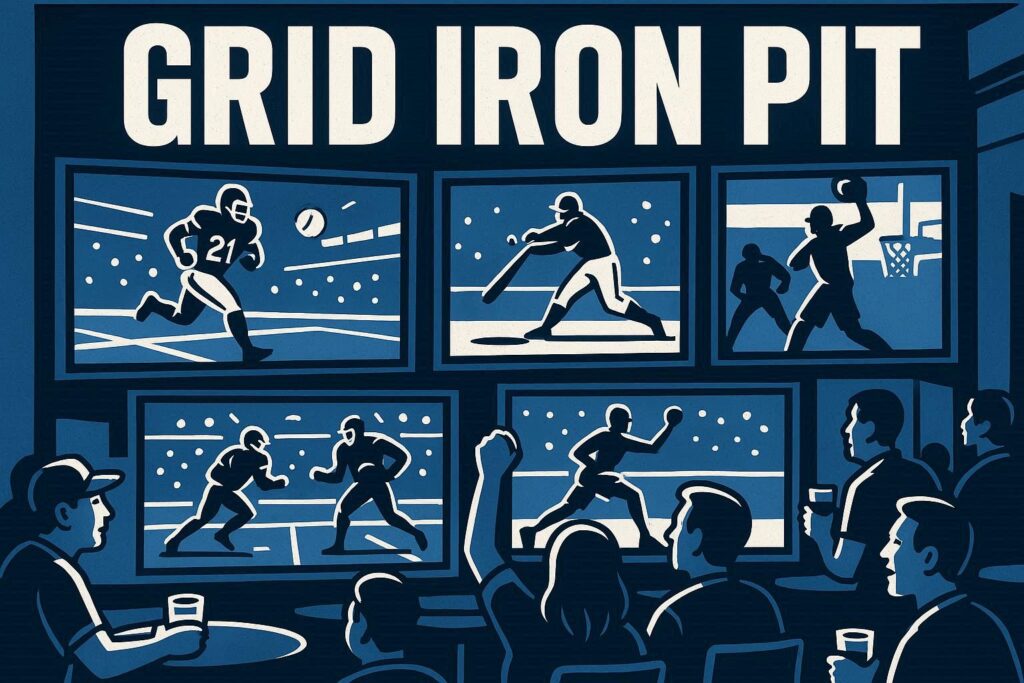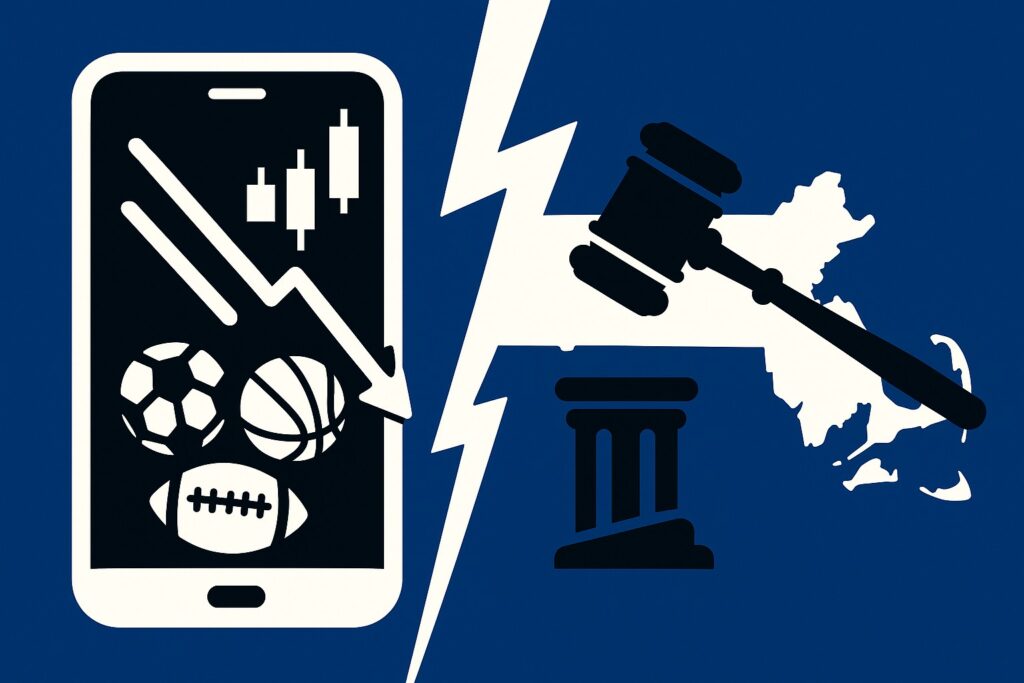Tucked into President Trump’s One Big Beautiful Bill Act (OBBBA), a Senate amendment threatens to end professional gambling as a career while also adversely affecting recreational bettors.
The amendment would allow bettors to write off just 90% of their losses, rather than 100% under current law. This means that people may owe gambling taxes even if they lose money in a given year.
For professional bettors, business expenses would be lumped into that same 90%.
Poker pro Matt Glantz offer this example: “If a professional gambler had $500,000 in winnings, $440,000 in losses, and $50,000 in business expenses, they would have to pay tax on $50,000 of income, not just the net $10,000 as previously allowed1 [sic].”
The tax and spending bill, though, still must clear the House before Trump can sign it into law, and there’s reportedly enough opposition among Representatives to stop its passage.
Sports bettors hurt the most
The gambling tax provision in the OBBBA appears to have a greater potential impact on sports bettors, who grind out profits against super-thin margins. The proposed stricter tax policy puts them in an unsustainable position, according to math presented on X.
Professional horse and card players could benefit from “session accounting” and their accountants’’, um, liberal interpretation of the new rules.
Obviously, this is potentially terrible news for people who earn a living gambling. By many interpretations of the bill, the OBBBA could torpedo their careers, and pros will have to find loopholes to survive.
They’ve traversed anti-gambling governance before, and they vow to do it again.
In 2006, the Unlawful Internet Gambling Enforcement Act was snuck in the 11th hour into the Safe Ports Act in 2006, forcing several gambling companies out of the US market. Five years later, on April 15, 2011 (“Black Friday”), multiple gambling executives were indicted by the Department of Justice, effectively shuttering the online poker market for US customers.
How does Big Beautiful Bill affect recreational bettors?
While the amendment would make it exceedingly difficult for pros to earn a living, even recreational bettors may be in for a new reality come April 2027.
Here’s Russ Fox, an expert on gambling tax:
“Consider Joe, an amateur gambler who comes to Las Vegas once a year. He breaks exactly even, with $100,000 of gambling winnings (all on W-2Gs) and $100,000 of gambling losses. If he doesn’t keep a session log he’s going to owe tax on $10,000 of income.”
If a casual gambler’s winnings are no more than 90% of their losses, though, they’ll avoid a tax:
“Let’s consider Lisa, an amateur gambler with $100,000 of gambling winnings. If she has $111,111 of gambling losses she will be able to fully offset her gambling winnings with losses,” Fox writes.
While it’s overlooked on most taxpayers’ 1040s, all gambling winnings are technically reportable to the IRS. As Fox points out, most gamblers lose, so winnings would usually be offset by losses even if they were reported.
Not all winnings can be overlooked, though. A bettor is served with a W-2G when certain thresholds are met: winning $600 or more at odds of 300-to-1 or greater.
If you’ve ever won a big jackpot at the casino or Pick-4 at the track, you’re familiar with this law. Also, if you happen to hit a $2 nine-leg parlay for $600, expect to receive a tax form from your sportsbook.
Should you be so fortunate next year, the losses you can claim to offset your win could be limited under the Big Beautiful Bill.





